The UNESCO World Heritage Site in Orkney is home to some of the most important Neolithic monuments in northern Europe which testify to 4000-year- old ceremonial, funerary and domestic components of cultural traditions. But its heritage is at risk.
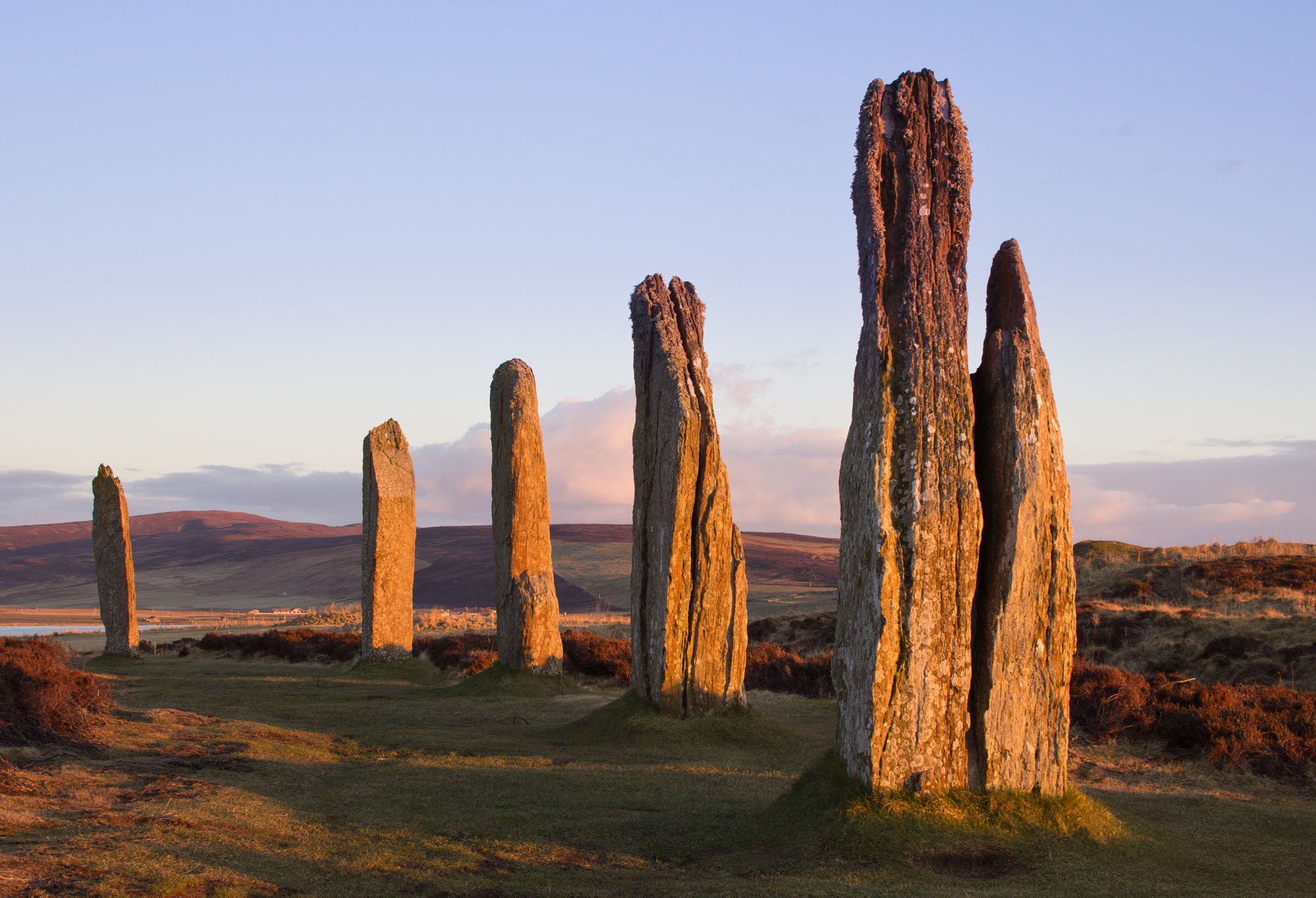
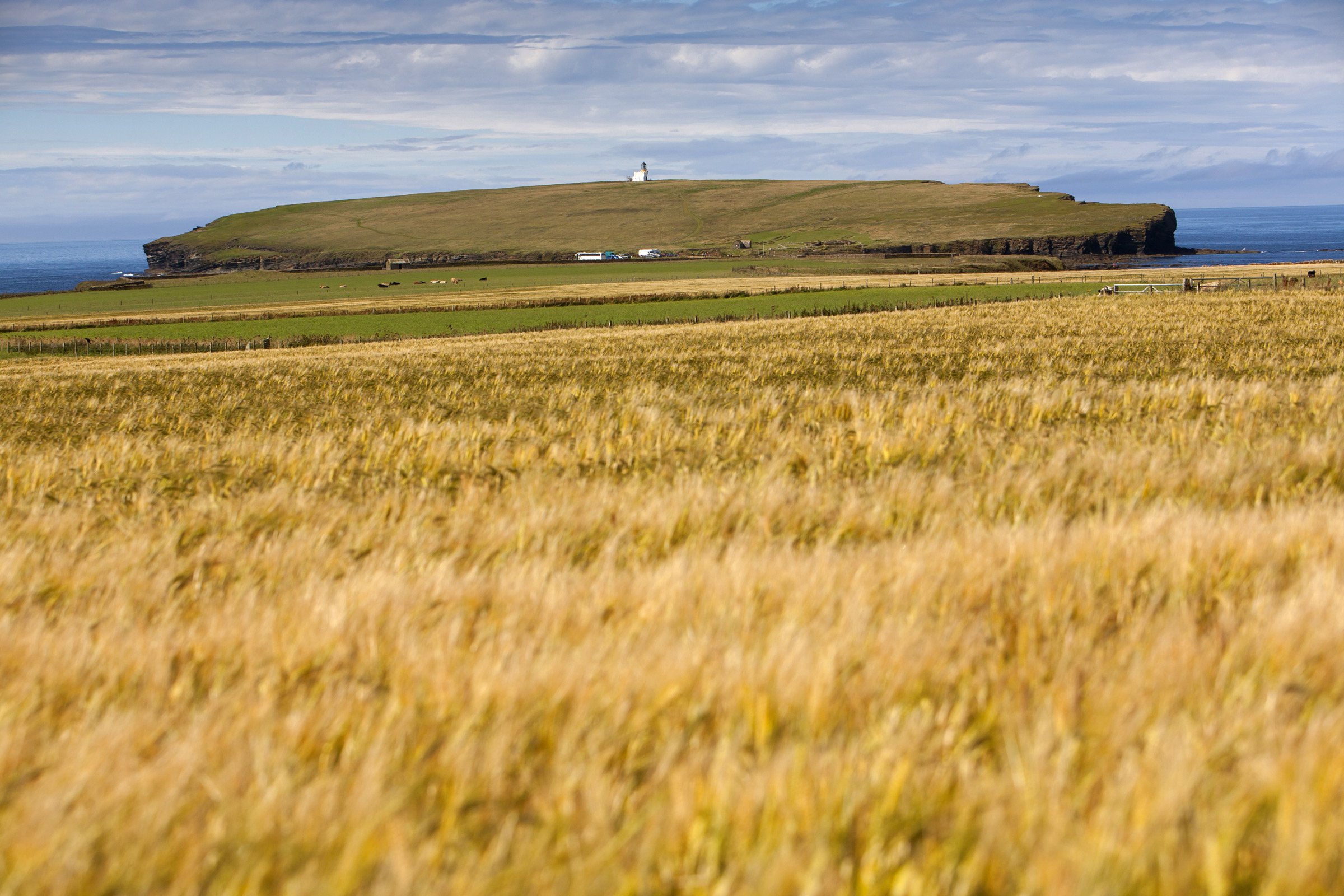
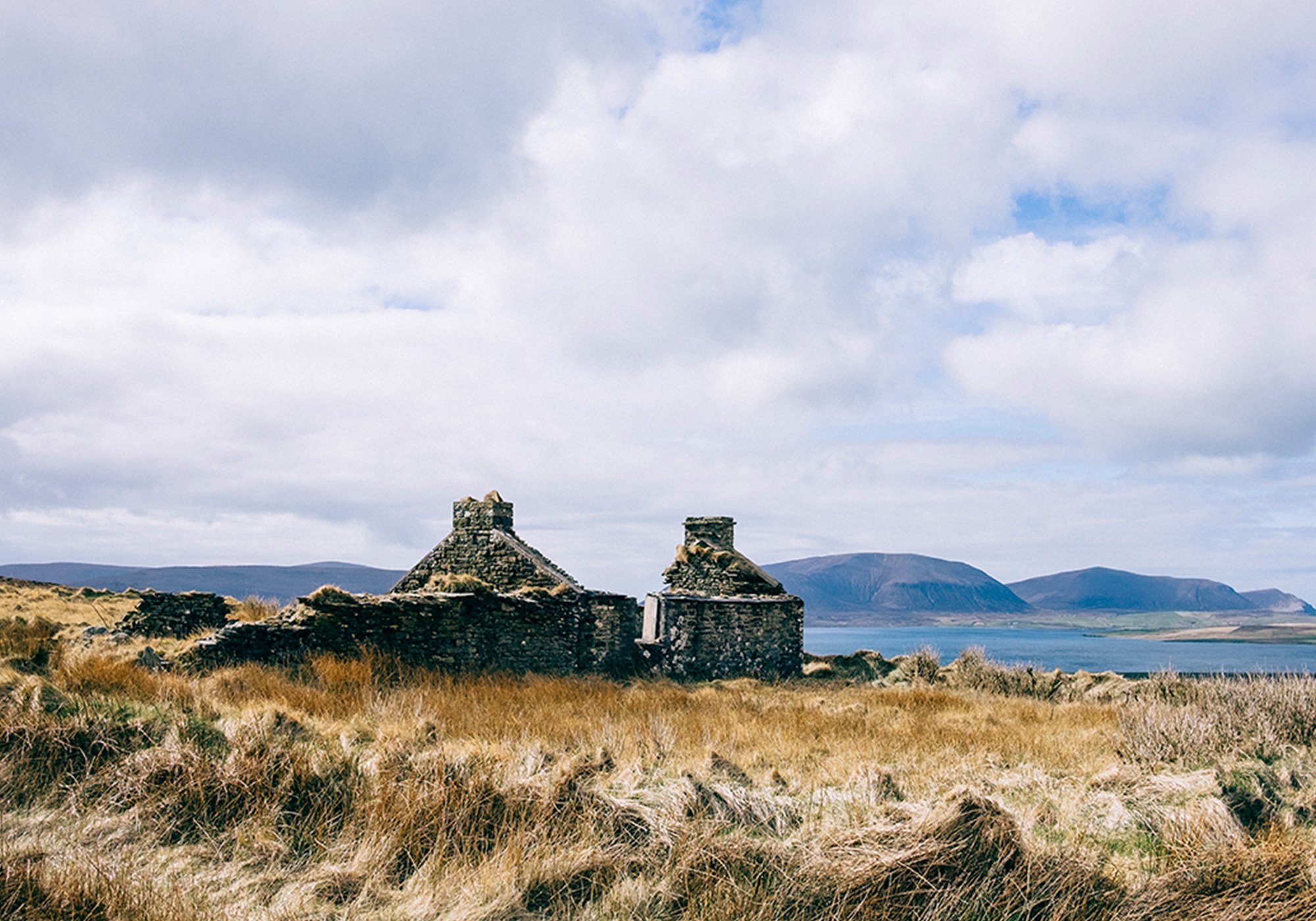

Research shows that climate change is the fastest growing global threat to World Heritage. So the designation has taken a pioneering role in assessing the impact of climate change to the Island using a new methodology: the Climate Vulnerability Index (CVI).
Initially developed by James Cook University in Australia and applied to the natural World Heritage Site of Shark Bay, the CVI was supported by the ICOMOS Climate Heritage Working Group and Union of Concerned Scientists US. CVI assesses the threat posed by climate change to the Outstanding Universal Value (OUV) of a Site and also the likely corresponding impacts on the social, economic and cultural values of the associated community as they relate to the World Heritage property. It also considers the community’s capacity to adapt to these impacts.
Local and international experts, businesses, management partners and residents were brought together to assess the threats to the World Heritage Site and the community values, in order to better inform the protection and conservation of the site for future generations. One of the key findings of the project was that the Heart of Neolithic Orkney’s OUV is at extreme risk from climate change and that compounding pressures, such as increases in tourism, will pose significant challenges to management of the Site in future – and that not all of these potential impacts are fully understood at present.
Released in July 2019, the CVI report prompted Historic Environment Scotland to commit to integrating the findings into the 2020-25 Site Management Plan and to build repetition of the CVI process into the five year management review cycle. Further CVI workshops are now in planning for two of the other five Scottish World Heritage Sites – Old and New Towns of Edinburgh and Frontiers of the Roman Empire: The Antonine Wall.
Since publication of the Orkney CVI report, the Climate Heritage Network held its international launch in Edinburgh in October 2019. A voluntary network including government agencies, heritage experts, businesses, NGOs and universities the Climate Heritage Network is seeking to mobilise the heritage sector in taking action on climate change.
“One of the key findings of the project was that the Heart of Neolithic Orkney’s OUV is at extreme risk from climate change and that compounding pressures, such as increases in tourism, will pose significant challenges to management of the Site in future – and that not all of these potential impacts are fully understood at present.”
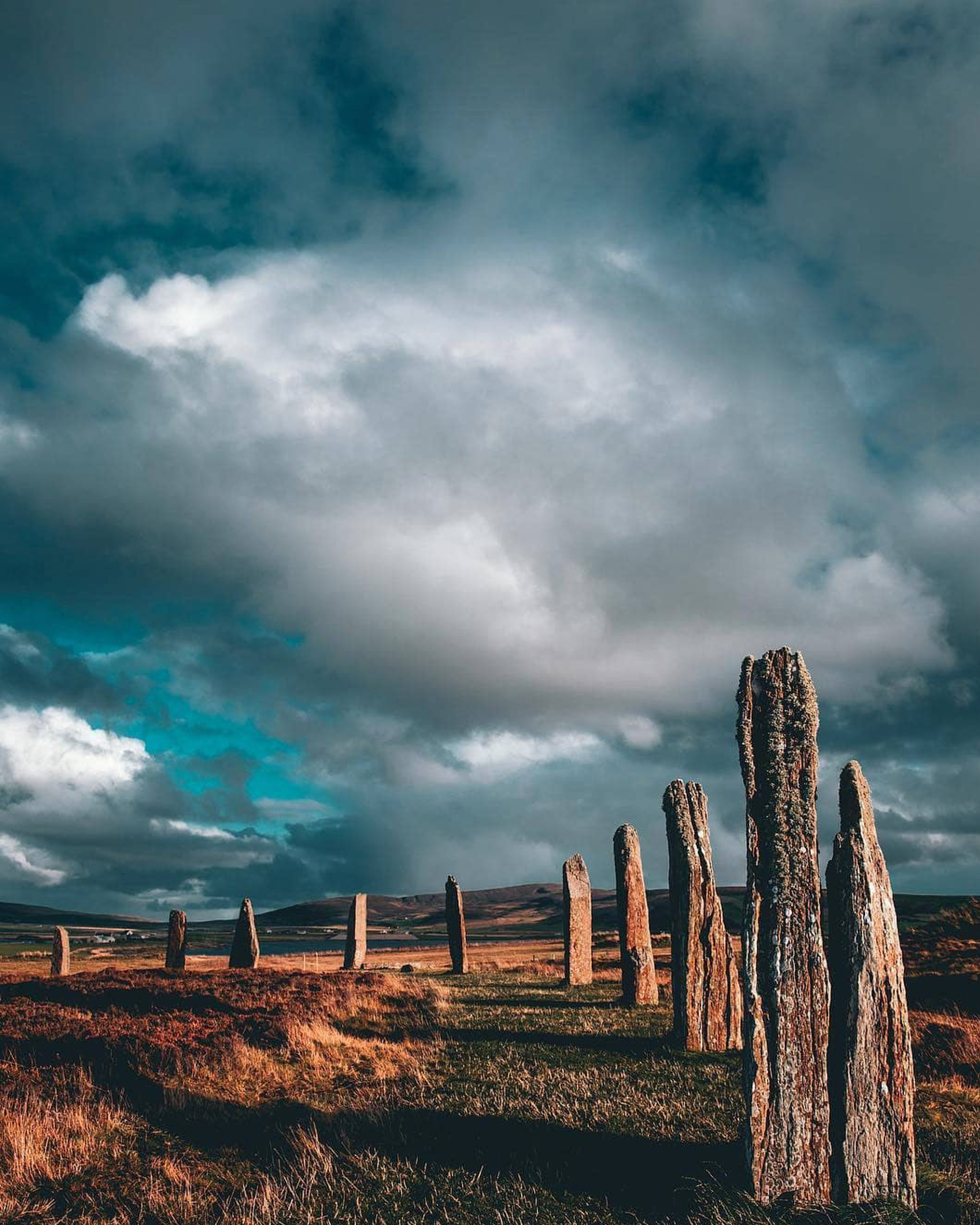
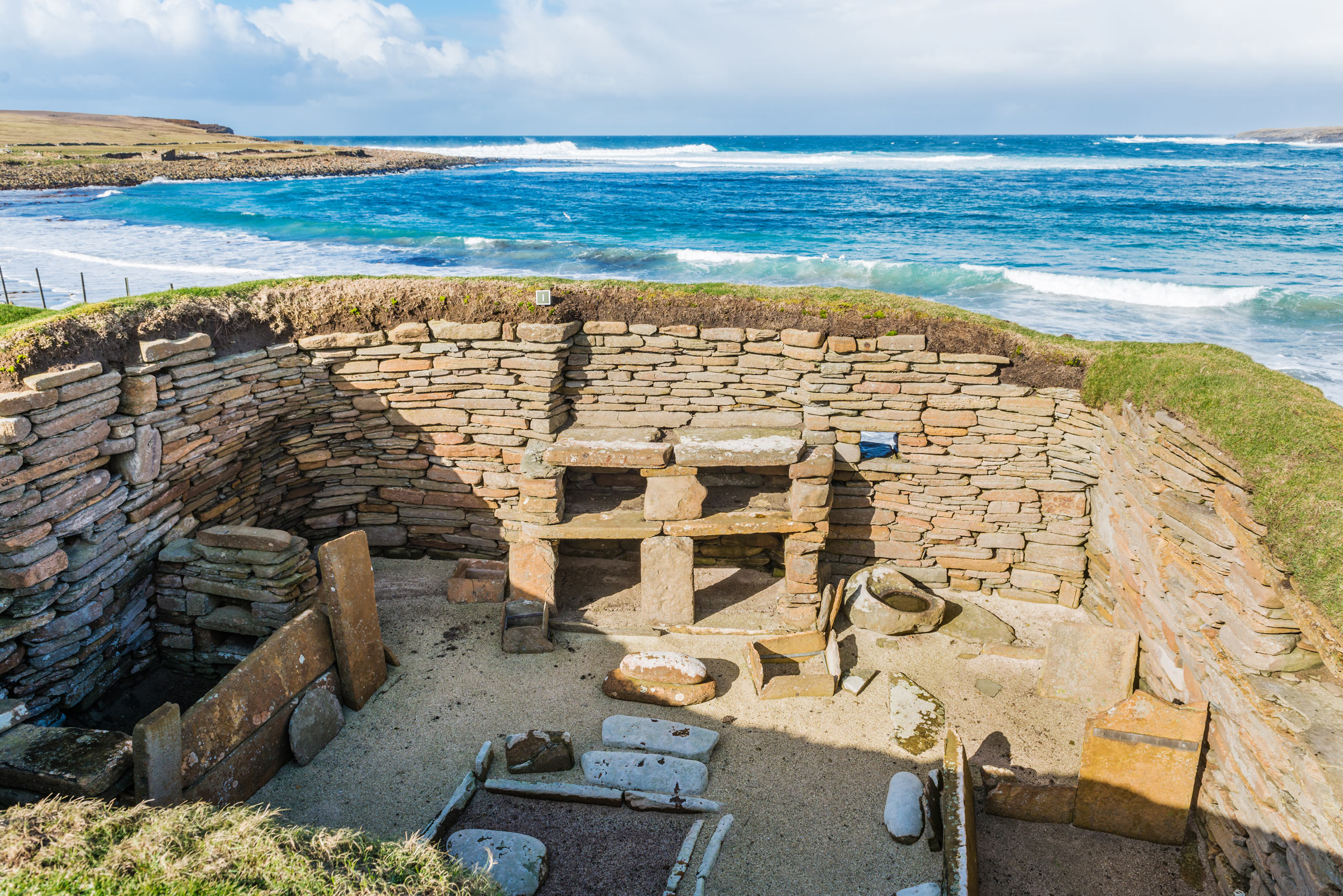
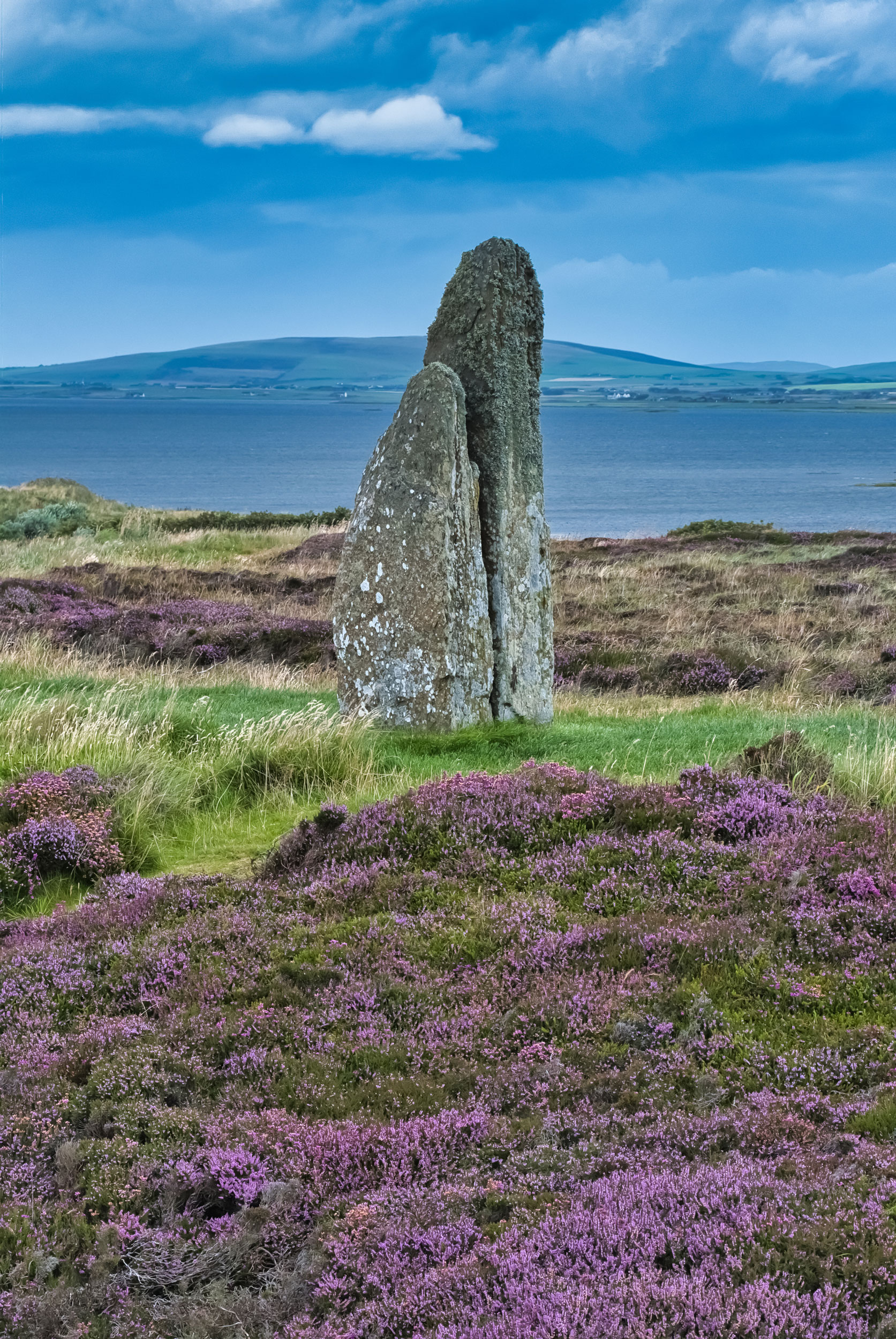
Share this via…

